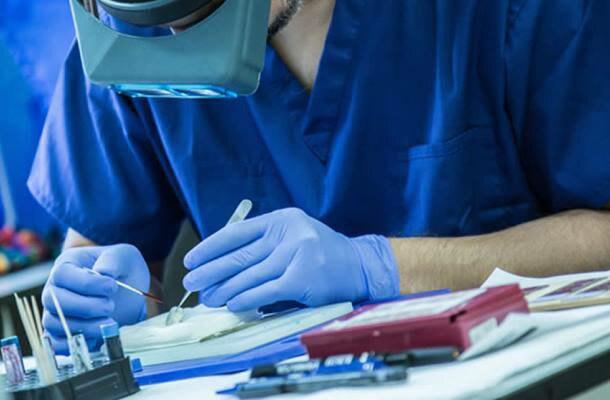It is for the first time that an Iranian firm has produced allograft. The materials are retrieved by engineering the tissues donated from brain-dead patients, and are used to treat people suffering from brain diseases, giving them a new life.
Four different types of medical equipment are produced by the knowledge-based firm including cardiovascular products like heart valves, bone tissue products like bone powder, membrane products like skin and soft tissue produces like tendon.
Production of allograft tissue is a strategic industry due to its critical use during natural disasters like quakes and wars.
In addition to a number of their organs, the brain-dead people can also donate some of their tissues which can save lives of others.
The Iranian knowledge-based firm has developed new engineering mechanism to transplant the tissue to save more lives.
Nearly 950,000 people have already used the products of the firm. So far, no report has been released of any medical problem like infection. The produced tissues have been operating well in the bodies of the patients and most of the transplantations have been of bone tissues.
For a brief review of Iran’s achievements in various fields of science and technology, check the book “Science and Technology in Iran: A Brief Review – 2019”
The firm has also published about 100 scholar articles in the prestigious international magazines. It has managed to establish itself as an Iranian firm active in developing, launching and promoting the industry by only relying on its researchers’ hard efforts.
The production manager of the firm says at present, a larger number of clients from various countries have called for the technology. ‘Most of our products are used domestically and the quality of our products is much higher than those smuggled into the country.”
The firm meets most of the domestic needs in this area, saving the country millions of dollars.
